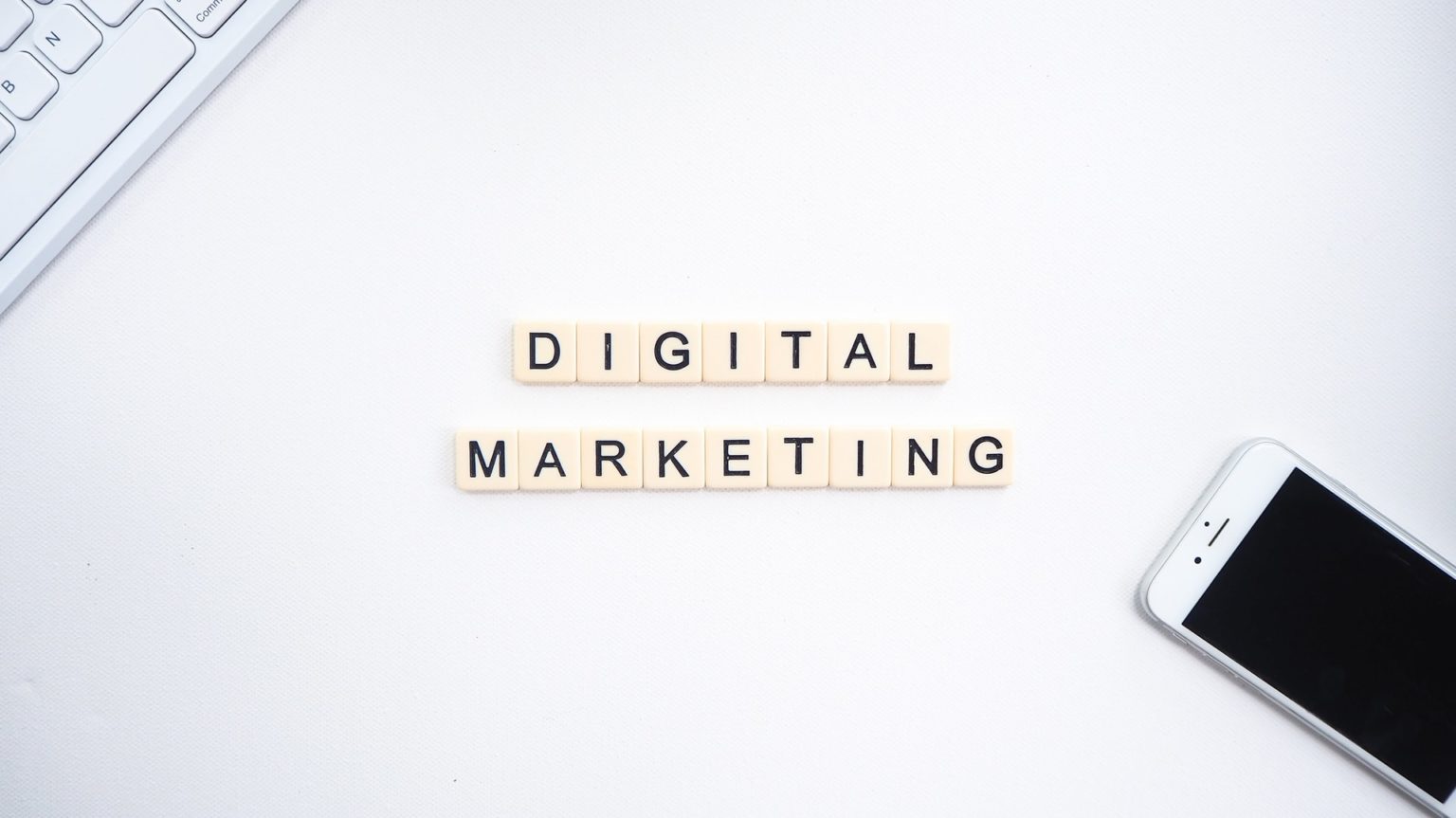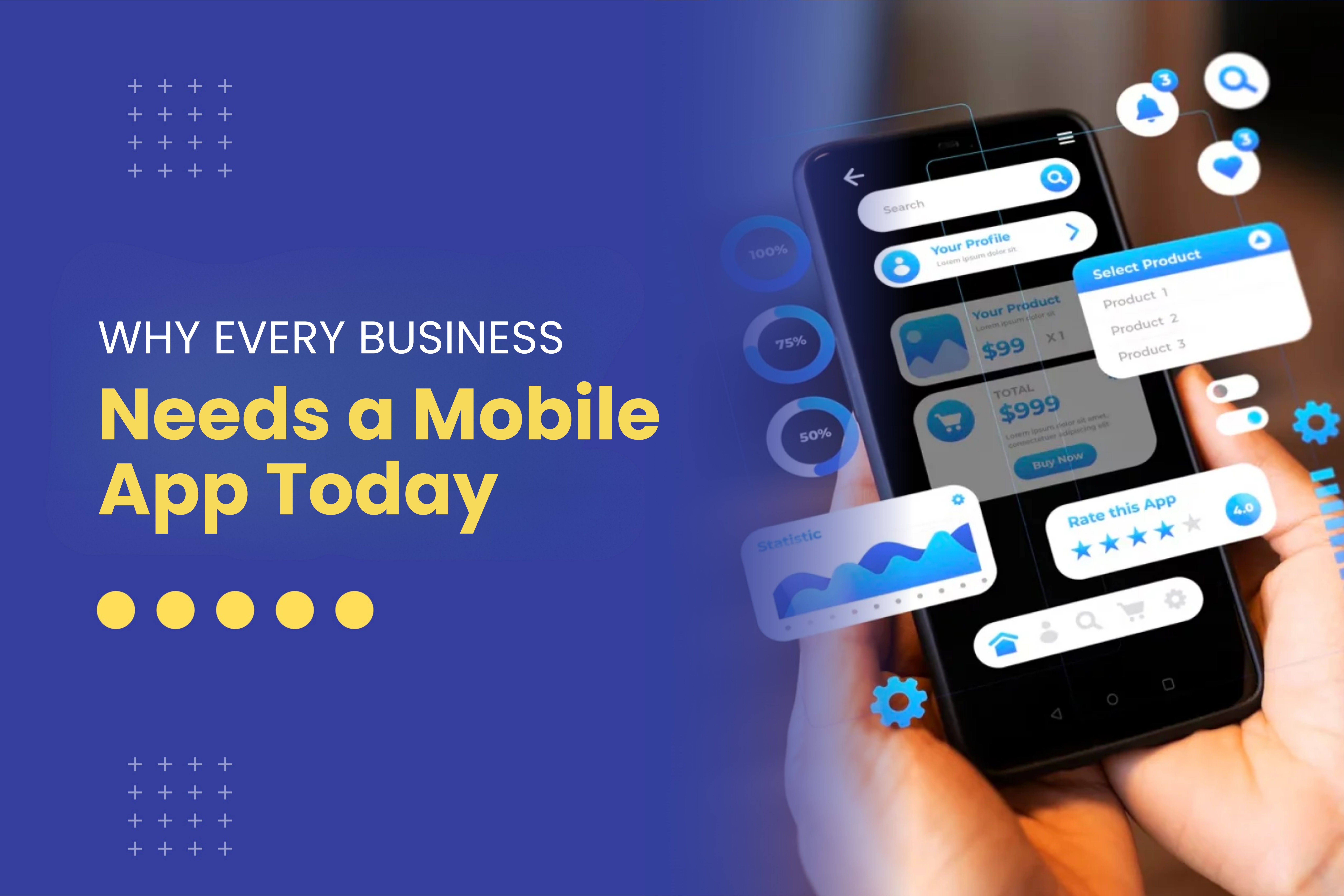How to Create a Profitable E-Commerce Marketplace
Fri, 10 Dec 2021
Why Should You Begin Selling Online?
Investment is required to launch an e-commerce
marketplace for your company. But rest assured, it pays off handsomely. Here
are some convincing reasons to use e-commerce marketplace software to take your
business online:
Consumers
are going online to shop: There are 5.27 billion
mobile phone users worldwide, and 64% of smartphone users use their phones to
make online purchases. During the epidemic, the popularity of online buying has
increased. According to projections, e-retail sales would produce $4.2 trillion
in revenue by 2020, representing a 25 percent increase.
Mobile
apps boost startups: While retail behemoths are
shifting to online sales, e-commerce apps assist entrepreneurs as well. While
we're talking about the advantages of e-commerce apps for startups, 42% of
small businesses and startups currently sell online.
Larger
consumer base: Using e-commerce software to take your
business online helps you to reach out to a global audience. Overcoming
location hurdles, a bigger number of clients are able to find your business and
obtain the products/services you provide. This results in improved sales and
money for your company.
What Are the Various E-Commerce Business
Models?
It's crucial to understand the business concept
behind an e-commerce app before you start selling online. This is necessary to
ensure that your e-commerce business runs smoothly and profitably. E-commerce
business models are divided into six categories.
·
E-commerce business models come in a
variety of shapes and sizes.
·
Business-to-business transactions (B2B)
·
Consumer-to-consumer (B2C)
·
Consumer-to-consumer transactions (C2C)
·
Consumer-to-business transactions (C2B)
·
Administration-to-Business (B2A)
·
Customer-to-Administration (C2A) (C2A)
E-commerce
model for business-to-business (B2B): The e-commerce
app assists one business in selling its products or services to another firm in
the B2B e-commerce business model. The seller is usually a service provider who
contributes to the buyer's business by adding value. This business model could
be used in a variety of industries, including software development, HR
services, and customer service. The customer in a B2B e-commerce model may be
the end-user or may utilize the product to enhance the services provided to its
customers.
What
are some of the benefits of business-to-business e-commerce? Increase your
customer base.
·
Increased and recurring sales
·
High productivity
·
Scalability is simple.
·
Brand recognition is high.
E-commerce
using a business-to-consumer (B2C) model:
What is the B2C (business-to-consumer) e-commerce model? It is the most
frequent e-commerce model, and it is modeled after the traditional retail
model, in which a company sells its items to consumers or end-users. It can be
thought of as an online version of traditional retail stores.
What are the advantages of
business-to-consumer e-commerce?
·
Reduced
cost
·
A higher profit margin on each sale
·
More people know about your brand, and
you have more control over it.
Consumer-to-consumer
(C2C) e-commerce model: A consumer-to-consumer
(C2C) e-commerce model tries to bring vendors and buyers closer together. It
allows two private persons to conduct business, such as the eBay business
model, which lets individuals post their products on the e-commerce platform.
·
What are the advantages of
consumer-to-consumer e-commerce?
·
Reduced overhead costs
·
Price flexibility with a global reach
·
Profits that are higher
·
Productivity in selling personal items
E-commerce
model for business-to-administration (B2A):
The B2A e-commerce business model refers to companies whose clients are solely
government or public administration. Services like commissioning, social
security or protection, financial services, and so on are included in B2A
e-commerce.
Consumer-to-administration
communication (C2A) e-commerce business model:
Consumers' financial transactions with the administration or government are
included in the C2A e-commerce business model.
POPULAR POSTS
The Difference between Digital Marketing and Advertising
Wed, 07 Apr 2021How Chatbot Development Is Transforming Customer Service
Thu, 06 May 2021Why UX And UI Is Important For Mobile Application Development
Sat, 01 May 2021Top Hosted Ecommerce Platforms of 2020
Wed, 07 Apr 2021RECENT POSTS
How Page Speed Affects SEO & Conversion Rates | Real Insights 2026
Tue, 27 Jan 2026Website API Development: How to Boost Scalability & Functionality
Tue, 27 Jan 2026Minimum Budget for Facebook Ads in India in 2025 – What Works
Tue, 20 Jan 2026How PHP and Laravel Help Build Secure Websites | PHP Security
Tue, 20 Jan 2026Why Every Business Needs a Mobile App Today – Simple Guide
Tue, 20 Jan 2026









